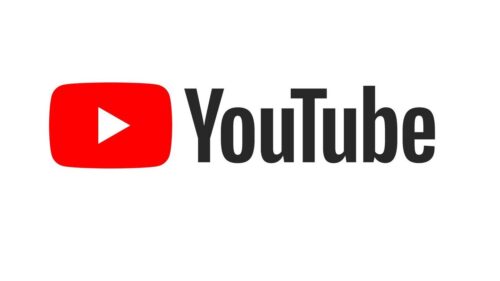
Understanding the Lawsuit by Bachchan Couple
Bollywood stars Abhishek Bachchan and Aishwarya Rai Bachchan filed a high-profile lawsuit seeking ₹4 crore in damages against YouTube and Google. They aimed to prohibit the creation and spread of AI-generated deepfake videos that misuse their images, voices, and likeness. These videos included explicit, manipulated content showing fabricated scenes, such as Abhishek kissing another actress or Aishwarya in fake romantic scenarios with Salman Khan. The lawsuit consists of over 1,500 pages and hundreds of links with screenshots, describing the content as “egregious” and damaging to their dignity.
How AI Is Exploited to Create Fake Celebrity Content
Deepfake technology leverages artificial intelligence to produce realistic but fabricated videos. A notable YouTube channel, “AI Bollywood Ishq,” posted about 259 such videos, accumulating more than 16.5 million views. Many videos portrayed celebrities in false or sexually explicit scenarios, misusing their identity without consent, causing reputational harm. The Bachchans argued these videos also serve as training data to AI models, which can multiply such infringing content, worsening the problem exponentially.
YouTube’s Response to the Controversy
Following a Reuters report highlighting these questionable videos, YouTube deleted the channel responsible for the majority of this content. The company confirmed the creator voluntarily removed the channel, and the videos are no longer accessible. YouTube did not provide further details, but the case has exposed critical concerns about its AI training policies. YouTube’s policy allows creators to opt into sharing their videos for training AI systems at OpenAI, Meta, and xAI. The Bachchans contend that this policy poses a risk, as manipulated content can be used to teach AI.
Challenges with YouTube’s AI Training Policy
The lawsuit challenges YouTube’s content and third-party AI training policies. If AI platforms are trained on misleading or harmful videos, these false depictions further spread fake content. The legal filings seek stronger safeguards ensuring YouTube videos infringing personality rights are not used in AI training without consent.
The Legal Context of Personality Rights in India
Unlike countries such as the U.S., India currently lacks well-defined “personality rights” laws. Such laws protect individuals’ rights to control commercial use of their name, image, and voice. Several Bollywood celebrities have started asserting these rights recently. The Delhi High Court has ordered removal of hundreds of website links and videos from YouTube.
Ethical and Creative Boundaries in AI Content
This lawsuit shines a spotlight on the ethical dilemmas surrounding AI-generated content. While AI presents new creative possibilities, exploiting a person’s image or voice without consent goes beyond ethical and legal boundaries. The Bachchans’ plea emphasizes that use of AI must respect individual privacy and personality rights.
Impact on Users and Content Platforms
This case serves as a wake-up call for digital platforms, AI developers, and content creators. Platforms like YouTube face growing pressure to better police AI-generated content and protect public figures against misuse. For users, it highlights risks of encountering and sharing misleading deepfake videos. The lawsuit underlines the urgent need for legal frameworks and platform policies to ensure ethical AI use in digital content while respecting individual rights.
